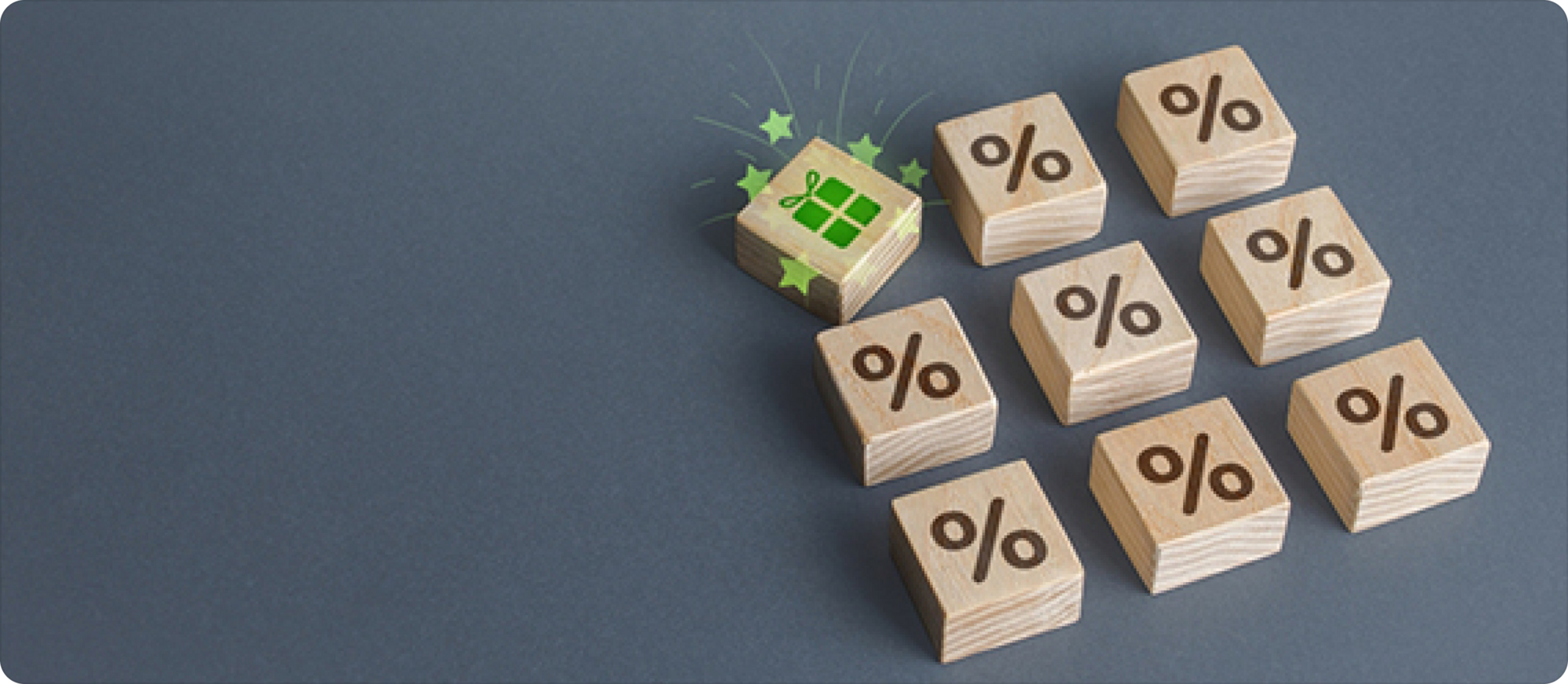
What is the Right Tenure for an RD? Put Your Goals Into Perspective
5 min read | 5 months ago
Nowadays, more and more investors are looking to diversify their portfolios with a mixture of high-risk and low/zero-risk investments. If you are in the same boat, then you will naturally want to invest in recurring deposits, considering the attractive RD returns offered by several banks and the overall stability of these investments. Yet, what about the tenure that you choose? It is crucial to avoid taking any decision in haste in this regard, since it can impact your entire investment. Let us first understand the tenure choices and how they are affected by various factors in this article
Understanding RD Tenures
The RD tenure is the building block of the investment, determining your overall returns. The maximum and minimum amounts may differ across banks, and are usually between 6 months and 10 years. Now, here are some things worth noting before you choose your RD tenure.
- 1. Financial goals: What are you saving up for? This can be anything from the down payment on a home or car to your child’s future education or any other financial objective. The RD tenure should be completely in sync with your financial goals as a basic rule of thumb.
- 2. Interest Rates: The recurring deposit interest rates may vary across banks and financial institutions. Now, in many cases, you may get a better interest rate for a longer duration. Hence, keep this factor in mind before investing.
- 3. Liquidity needs: RDs are not exactly liquid investments, i.e. they stay locked-in until the maturity period. If you wish to withdraw prematurely, then you may have to pay stiff penalties for the same. Hence, you should keep your ongoing liquidity requirements in mind before choosing the tenure.
- 4. Inflation: This is the biggest bugbear for which we all strive to make investments throughout our working/earning lives. It will keep eating into the purchasing power of your money and hence you should keep the current and projected future rates in mind before choosing the RD tenure.
Putting Your Goals Into Perspective
Identifying your financial goals is the first step you need to take while selecting the RD tenure. Your financial goals could be for the short, medium, or even longterm. One way to define short and medium-term objectives are those you wish to tick off within 1 year or 1-5 years respectively. In contrast, long-term goals are those that you wish to achieve beyond a period of five years. Once you have jotted down all these goals, you can deploy your RD accordingly by choosing a tenure that aligns with the same.
Suppose you want to treat your family to a dream vacation in a year’s time. You can opt for an RD to swiftly scale up your savings for this purpose. Alternatively, if you want to make the down payment on a house in another five years’ time, then you should choose the RD tenure accordingly. If you want to buy or achieve something in around two to five years, then it is a medium-term goal that you are looking at. Your RD tenure should thus be in sync with this objective.
The Impact of RD Tenure on Returns
The RD tenure has a significant impact on the returns you earn on your investment. The basic principle is that the longer your tenure, the higher your interest rate and earnings in most cases. Yet, you should balance the tenure with financial goals in order to build a more balanced portfolio. Hence, do not sacrifice practicality at the cost of earning higher RD returns in the long run, since your money will be locked-in for this duration. Yet, if you can afford to stay invested for several years without needing urgent funds, then you can move ahead with RDs that have longer tenures.
Conclusion
As can be seen, choosing the right tenure for your RD is no child’s play. It requires a careful examination of various factors and a clear identification of your own financial needs. Once these are done, you can comfortably opt for a tenure that helps you earn the best possible returns while keeping your financial goals at the forefront.
FAQs
1. What is the minimum tenure for a Recurring Deposit?
Minimum tenure for a Recurring Deposit can be as low as 6 months and can go up to 10 years, depending on the bank.
2. Can I withdraw my Recurring Deposit before maturity?
Yes, you can withdraw your recurring deposit before maturity from some banks. However, you may have to pay a penalty for early withdrawal.
3. How can I choose the right tenure for my Recurring Deposit?
Choose the tenure based on your financial goals. Shorter tenures are suitable for short-term goals, while longer tenures are better for long-term goals.
About Unity Small Finance Bank
Unity Small Finance Bank is committed to making banking simpler and more accessible for everyone. Our services include Savings Account, NRI account, Current Account, Fixed Deposits, and Personal Loans offering flexible tenures and attractive interest rates. We also offer financing options like MSME Loans and Microfinance to support businesses and underserved communities. Learn more about Unity Small Finance Bank here.



